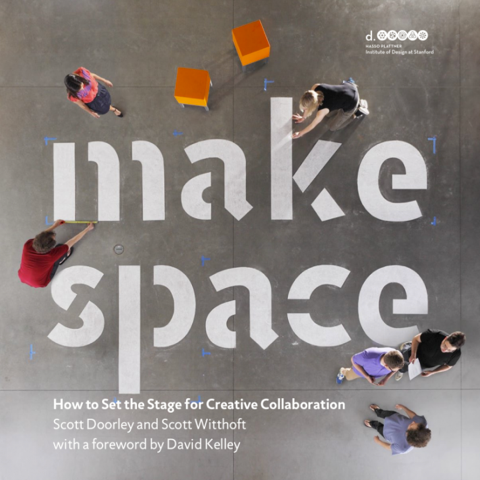Apr 22, 2015 Space Matters: Creating Event Environments to Support Engagement

The next time you visit a museum, pay close attention to how the environment has been designed to shape your experience and behavior.
So says Jeff Hurt, meetings guru and expert on audience engagement for conferences and events. I recently heard him speak recently and will share a few key takeaways.
He opened his session with the 2 top reasons people attend conferences:
- Education
- Networking
No surprises here! That said, it is our role as event producers to design and implement environments, activities, and content that will support these goals.
Space Matters. Space tells us how to work and behave. When designing environments we need to think about the behavior we want from the participants. As Jeff says, “Space is the body language of your conference.” We also want to use the space as an instrument for innovation and collaboration.
The bottom line is to think about the experience – the engagement part – and how you would like participants to behave. You should design the space from there. Bring your designer into the mix and make sure he/she clearly understands this concept and your goals. All of this supports the idea of seeing your audience as participants rather than attendees.
Here at Wilsonwest we pay a lot of attention to event environments and find it helpful to ask some key questions as we assess the plan. Is the dining table too large to hear the person sitting across from the guests? For a ballroom session or breakout, are we relying on the old theater or classroom setting? Do we need tables or will that limit guest interaction? Have we provided an opportunity for guests to move around? How does the space support/limit networking or conversation? Is it a formal or casual setting and what message does the vibe and furnishings of the room send? In addition to the conference sessions and education component, how does the design of the space reflect your organization’s culture and the feeling you would like to convey?
I highly recommended reading Make Space, a book based on the work being done at the Stanford University d.school and its Environments Collaborative Initiative. It is a tool for helping people intentionally manipulate space to ignite creativity and enhance the ways in which teams and individuals communicate, work, play – and innovate.

Sorry, the comment form is closed at this time.